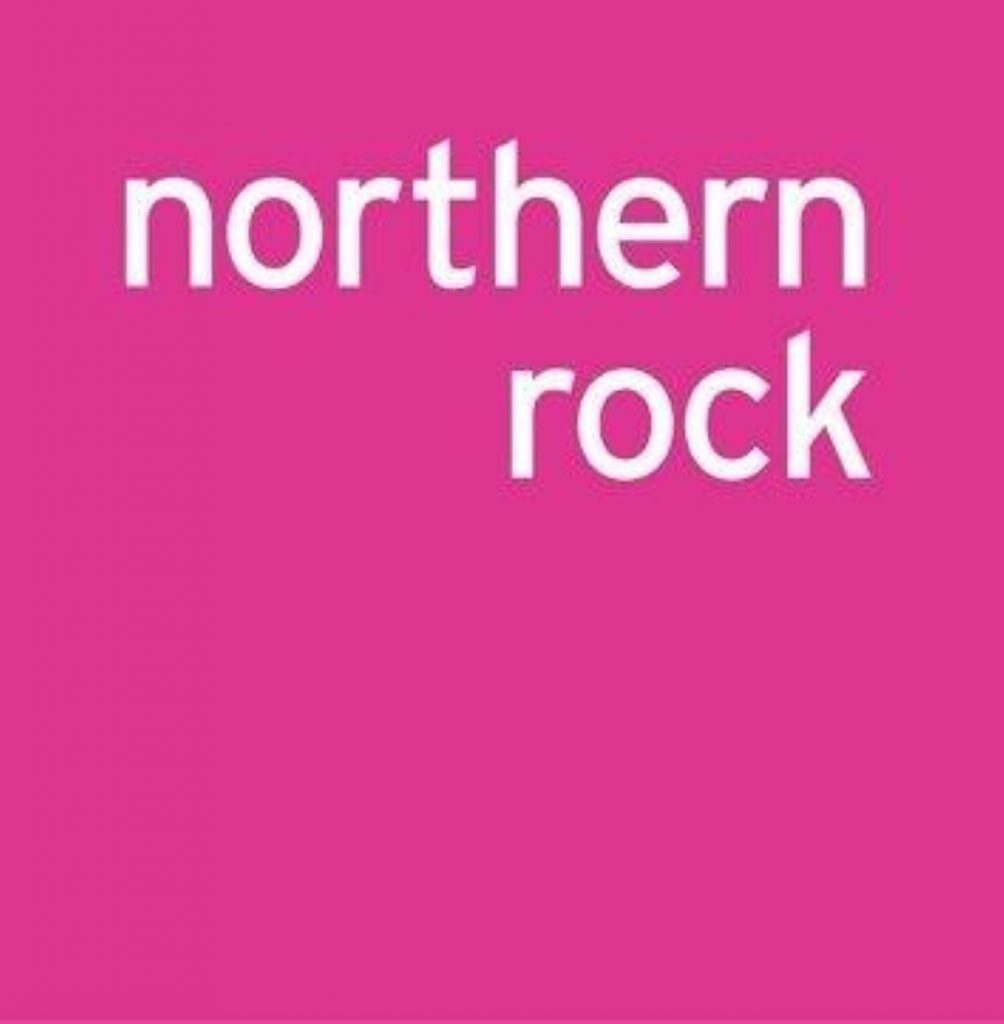More pain for Northern Rock
By politics.co.uk staff
Nationalised bank Northern Rock has posted pre-tax losses for 2008 of £1,355.9 million – as it sees more borrowers fall behind on their mortgages.
Losses have increased due to customers defaulting on loans – and the second half of the year saw an acceleration of this trend – with second half losses up 32 per cent on the first half.
Shadow chief secretary to the Treasury Philip Hammond said: “The government promised us time and time again that Northern Rock had a good quality mortgage book. But these huge announced rises in arrears and repossessions show that Alistair Darling has led taxpayers up the garden path.”


Northern Rock reported “a significant increase in arrears across all loan portfolios” – and home repossessions have increased by 63 per cent last year.
But the firm maintains it repossesses a property on average every 15 months after a customer falls into arrears.
Residential arrears of over three months have increased to 2.92 per cent, compared with 1.87 per cent at the end of September 2008.
Arrears of over three months on Together secured loans – which offered borrowers up to 125 per cent mortgages – have increased to 4.53 per cent.
However, Northern Rock claims it is “well placed to move forward and support government policy to increase mortgage lending capacity in the market”.
Last month, Alistair Darling announced Northern Rock would slow down in paying off its debt to the government and start increasing mortgage lending by £5 billion in 2009 and between £3 billion and £9 billion in 2010.
In 2008, Northern Rock mortgage lending stood at £2.9 billion, compared to £29.5 billion in 2007 – and the firm only offered a limited range of mortgages and focussed on attempting to encourage
Gary Hoffman, Northern Rock chief executive, said: “We can now return to what we do well – mortgage lending.
“Our return to the mortgage market will be governed by focussing on responsible lending, understanding our customers’ needs, and offering them great products and service.
“We have an exciting opportunity to help consumers in the mortgage and savings markets and to secure the long-term future of the company, while protecting the interests of the taxpayer.”
He added Northern Rock’s debt to the government has now been reduced significantly – cut from £26.9 billion at the end of 2007 to £8.9 billion – and the deposit base of the company has grown as customers have returned.
Robert Mattai, retail banking analyst at Datamonitor, warned the government’s move to increase mortgage lending at Northern Rock could lead to considerable problems for the lender.
“The worsening economic climate will force a higher number of its existing borrowers into repayment difficulties and hence raise the current figure [of borrowers in arrears],” he said.
“Taking on new borrowers will only exacerbate this and put the bank into greater risk of moving into financial distress.”
However, he claimed the government was going ahead with pushing Northern Rock to lend, for the sake of Lloyds Banking Group and Royal Bank of Scotland, which the state now owns of 43 per cent and 70 per cent respectively.
“Given that these two banking giants are facing significant losses the government is trying to help improve their loan portfolios by increasing market liquidity through this new Northern Rock initiative, which will in turn help them to shed some existing borrowers from their balance sheets,” he said.
“This will promote some mortgage competition and already both HSBC and RBS have both announced that they too will lend significantly in 2009, albeit this will be to high quality customers.
“However, this could prove to be a problem for Northern Rock because a relatively large segment of its borrowers are already in arrears. The calibre of low quality and sometimes non-standard customers to whom Northern Rock lent mortgages to have inevitably led to this situation as these borrowers are often the hardest hit in a recession.”












